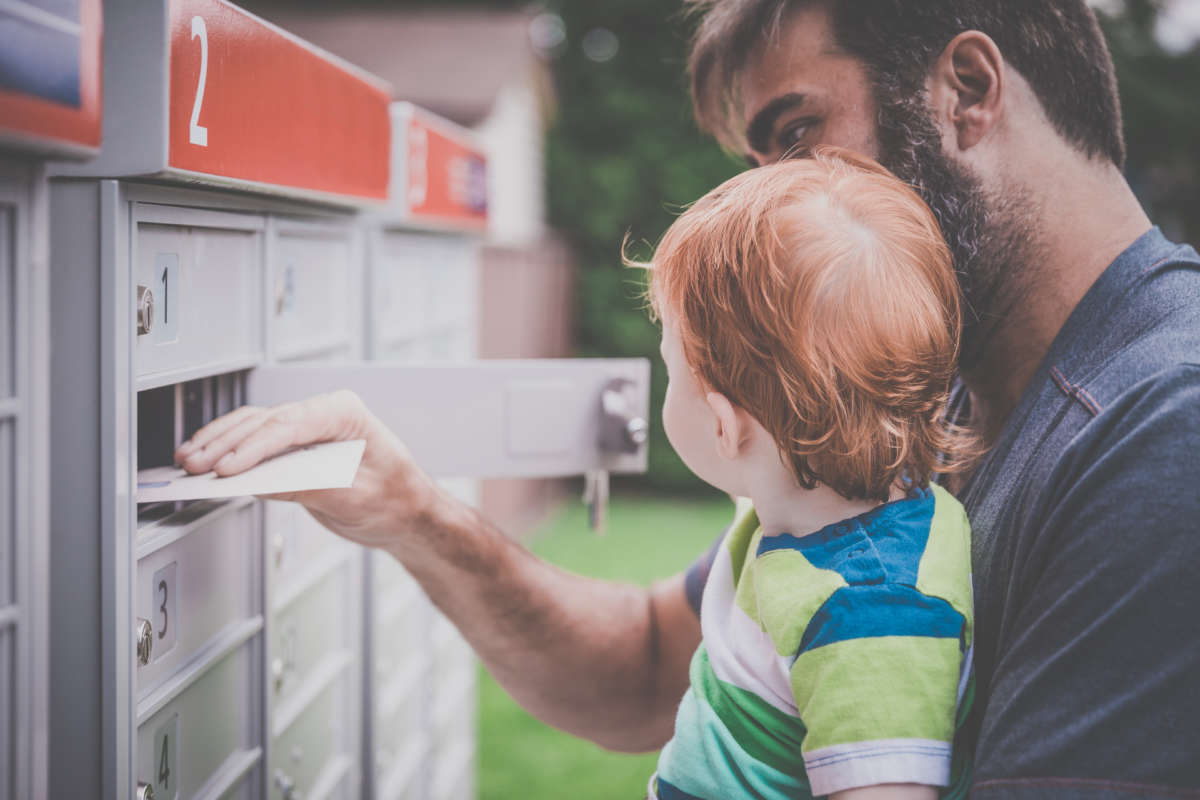The Internal Revenue Service (IRS) announced this week that it would likely be able to start sending out checks to families that are eligible for a child tax credit that was included in an economic stimulus bill that passed earlier this year.
As part of the American Rescue Plan signed into law just last month, families with children under the age of 17 are set to receive monthly payments to help ease financial burdens created during the coronavirus pandemic. Those with children under the age of 6 would receive $3,600 per child over the course of a year, or $300 per month, while families with kids aged six to 17 years would receive $3,000 per child annually, or $250 per month.
The IRS is being tasked with sending the checks out. Previously, there was some concern over the agency’s ability to do so by the summer, as the legislation for the bill was just signed into law in March. IRS Commissioner Charles Rettig had, just a few weeks ago, testified that he wasn’t sure about being able to get the checks out in July.
On Tuesday, however, Rettig sounded much more confident.
“We will launch by July 1 with the absolute best product we are able to put together,” he said.
Rettig cautioned that delays could become necessary if hiccups within the process come about, adding that he wouldn’t “risk our system” within the IRS to put payments out on time. Still, the comments the commissioner made this week suggest the tax credit payments are more likely to be ready at that time than not.
President Joe Biden has regularly touted the payments as being beneficial for families across the U.S. who are still struggling with the economic fallout from the pandemic. He has also expressed an interest in making payments such as these permanent for families in the future.
“We reduced child poverty, and we reduced poverty in Black communities significantly, just by that act alone,” Biden said this week about the act while meeting with members of the Congressional Black Caucus. “One of my objectives there is — overall objective is to make those changes permanent.”
Some, however, believe payments to families with children alone isn’t enough, and also want the amounts to be larger. In late March, just after the American Rescue Plan was enacted, Rep. Rashida Tlaib (D-Michigan) and Rep. Pramila Jayapal (D-Washington) introduced legislation that proposed giving $2,000 per month to every person in the U.S., regardless of whether they were parents or not, for the remainder of the pandemic, as well as $1,000 in payments for 12 months after it ended.
“People don’t only need relief, they need stability, certainty, and predictability,” Jayapal said about the proposed legislation, adding that “a one-time survival check isn’t enough to get people through this crisis.”
Other Democrats in Congress are calling on Biden to include a fourth standalone stimulus payment within the infrastructure bill that his administration is crafting, with many also urging the president to make recurring payments a part of it as well.
“To truly build back better, families need stability and certainty through ongoing relief,” a letter to Biden from more than 50 Democrats in the House of Representatives said.
Join us in defending the truth before it’s too late
The future of independent journalism is uncertain, and the consequences of losing it are too grave to ignore. We have hours left to raise the $12,0000 still needed to ensure Truthout remains safe, strong, and free. Every dollar raised goes directly toward the costs of producing news you can trust.
Please give what you can — because by supporting us with a tax-deductible donation, you’re not just preserving a source of news, you’re helping to safeguard what’s left of our democracy.
